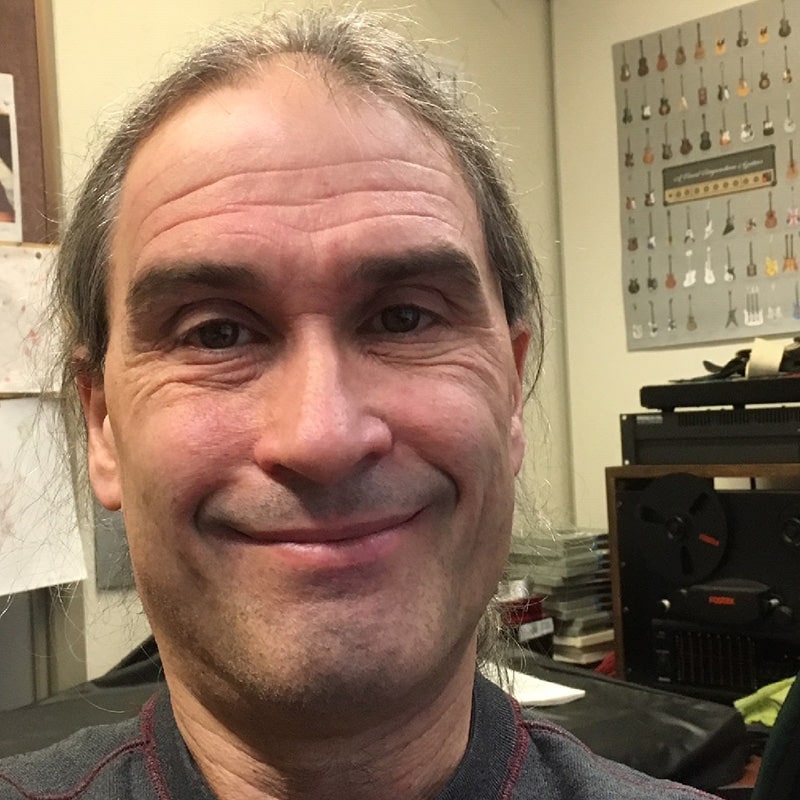
Dr. Thomas Sullivan
Teaching Professor in Electrical and Computer Engineering
5000 Forbes Avenue
Pittsburgh, PA 15213
Bio
Tom Sullivan is a Teaching Professor in the Department of Electrical and Computer Engineering (ECE) and holds a courtesy Lecturer appointment in the School of Music as part of the faculty for the Music Technology BS and MS programs.
Prof. Sullivan completed his PhD (ECE ’96) and his BS (EE ’85) at Carnegie Mellon and holds a MS degree from the MIT Media Lab in Computer Music (MAS ’88). His PhD thesis work was on microphone array processing for front-end signal processing for automatic speech recognition systems. His interests lie in the areas of signal processing for music and audio applications.
He teaches the Introduction to ECE course, ECE Senior Capstone Design Experience, Electro-acoustics, and core courses in Signals and Systems. He’s also actively interested in STEM Outreach for K-12 students (with a focus on under-represented communities) to get them excited about ECE and applications to music and media.
As an amateur guitarist and bassist, he enjoys being involved in music whenever time permits. He’s also an avid ice hockey player and enjoys distance running.
Research
Though there is currently no funded research at CMU in this area, Dr. Sullivan's interests lie in the areas of signal processing for audio and music systems.
Audio Signal Processing
As the professional recording industry has grown, so has the complexity and quality of sound recording equipment. Research in audio signal processing serves the advancement of digital audio recording. From the need for lossless data compression, to higher quality filtering for A/D and D/A conversion, to better error correction coding for digital hard disk and magnetic tape systems (and compact discs), the research areas where electrical engineers can aid the entertainment industry are great.
Music Signal Processing
Signals from musical instruments are very complex waveforms. As the professional recording and performance industries demand higher quality synthesis of existing musical instruments, the study of new methods of instrument synthesis has increasing importance. In addition, the greater quality of films and television have increased the need for more realistic generation of sound effects. The use of digital sampling in the creation of music and sound effects merges the music and professional audio signal processing areas.
In addition, there is increasing desire for the control of music synthesizers by other existing musical instruments and new, non-standard "instruments" or "controllers". Pitch and expressive tracking of these instruments are vital to obtaining information from a performer that is capable of giving the performer high-level control over a music synthesizer.